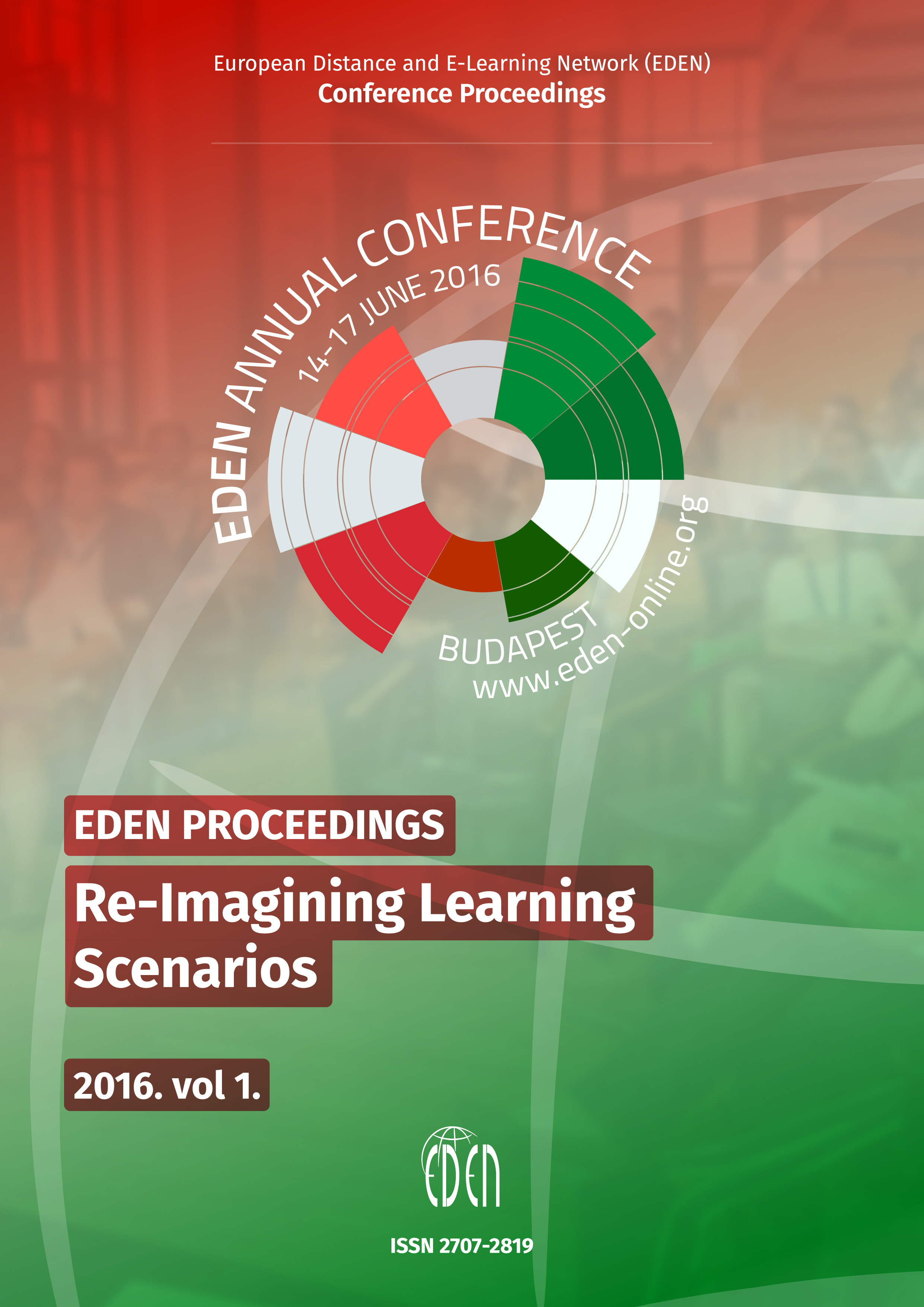Validation of Non-Formal Learning: Opportunities for Distance Education
Validation of Non-Formal Learning: Opportunities for Distance Education
Author(s): Judy Harris, Christine WihakSubject(s): Social Sciences, Education, Higher Education
Published by: European Distance and E-Learning Network
Keywords: Assessment and evaluation; Lifelong learning; Non-formal and informal learning; Standards and standardisation; Work-based learning
Summary/Abstract: The vast array of educational resources available on the internet means that individuals can access learning opportunities in a way not previously possible. But how can this free range learning (Cross, 2007) be translated into formal qualifications or credentials? Some of innovative distance learning opportunities are already being formally recognized. For example, many higher education institutions offering MOOCs are increasingly providing an opportunity to earn academic credit towards a degree, such as in the Virtual Mobility Passport project (Tovar, 2014). Nevertheless, much learning from online educational resources remains invisible on a transcript or resume. In Edupunks’ Guide to a DYI Credential, Kamenetz (2011) posited that a motivated learner can use internet learning to earn q credential from a recognized formal education institution. The vehicle that she recommends to have such learning assessed and accredited is called Validation of Non-formal and Informal Learning (VNFIL) in Europe.
Journal: European Distance and E-Learning Network (EDEN) Conference Proceedings
- Issue Year: 2016
- Issue No: 1
- Page Range: 9-17
- Page Count: 9
- Language: English

